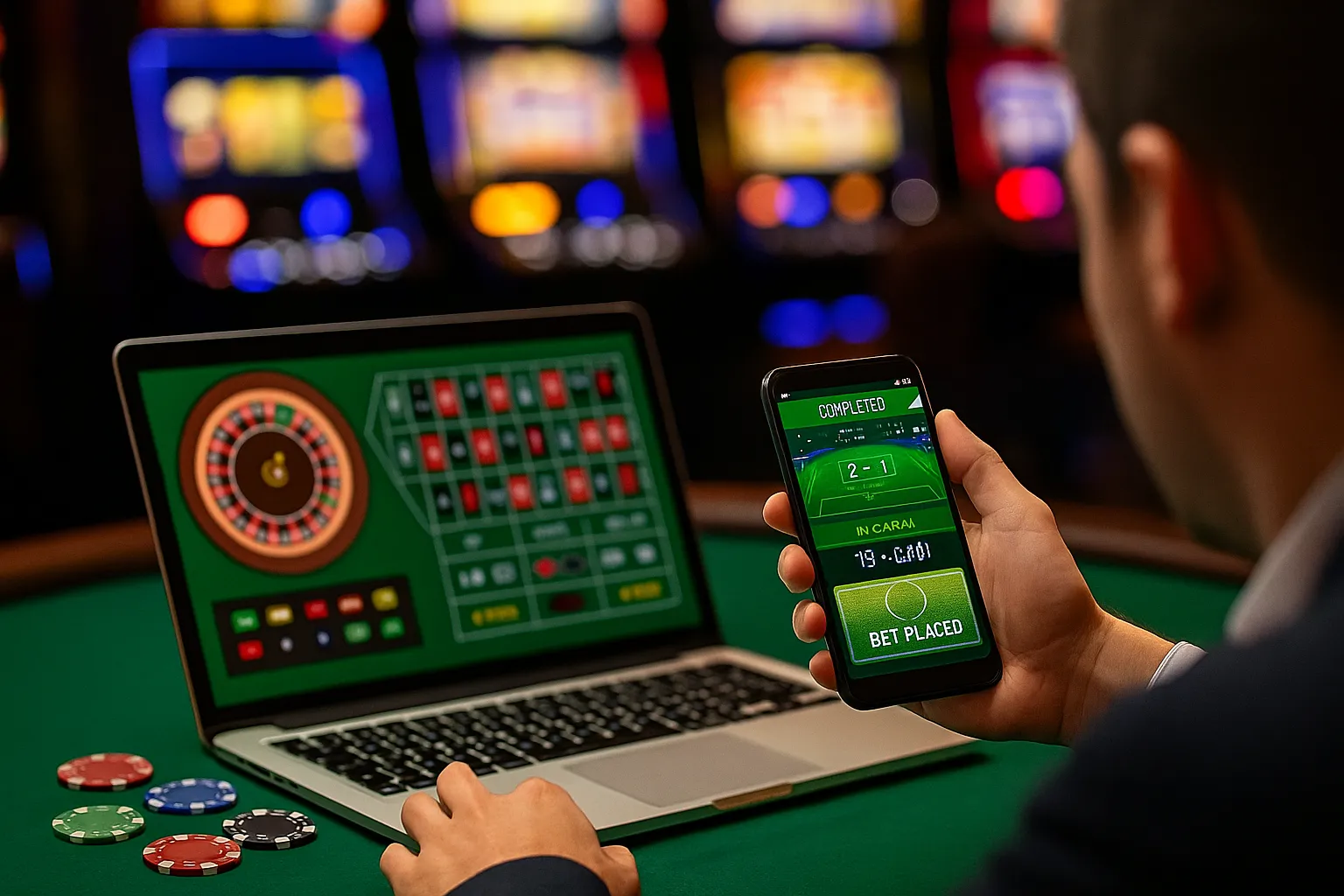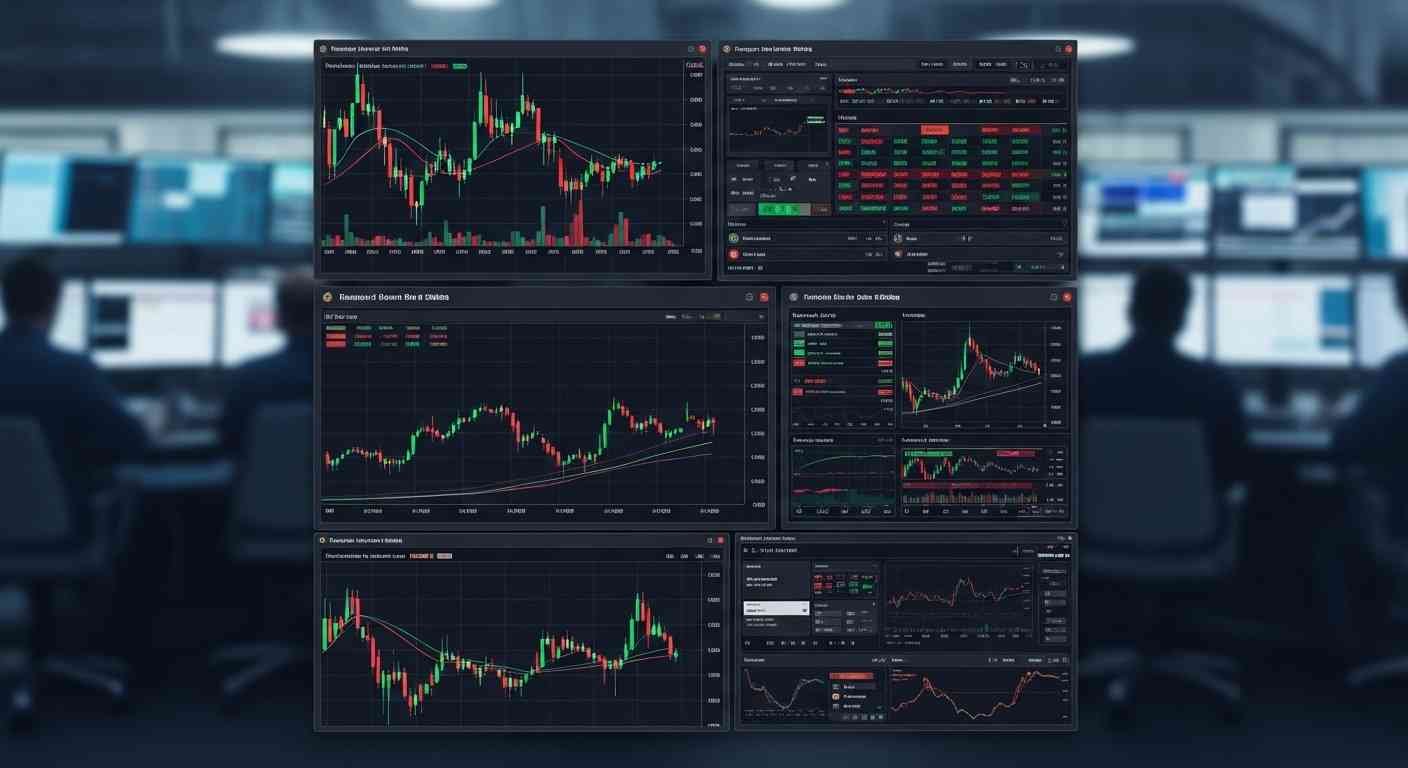Betting has always been about more than just luck and numbers. At its heart, it’s a social activity. From chatting at the racetrack to debating football results in the pub, the way people share information, opinions, and predictions has always influenced betting behavior. With the rise of online platforms and digital communities, this social element is more visible—and more powerful—than ever before. The question is whether these social betting communities can actually influence the odds, or if their impact is limited to personal engagement.
The Rise of Social Betting Communities
Social betting communities have grown significantly in the last decade. These platforms allow players to discuss tips, share strategies, and even pool their bets in groups. Some operate like traditional forums, while others are integrated into betting apps themselves. The sense of community makes gambling less isolating and more interactive, encouraging players to learn from each other.
This dynamic is similar to financial trading communities, where collective sentiment can impact stock prices. If enough bettors agree on a certain outcome, the weight of their wagers could shift odds on an exchange or influence how bookmakers adjust prices. In this sense, communities don’t just share ideas—they create market pressure.
Do Communities Really Influence Odds?
When many people bet on the same outcome, bookmakers are forced to react. Odds are not static; they’re designed to balance the book so that operators minimize risk. If a surge of bets comes in for one team, odds shorten to discourage more bets on that side and encourage wagers on the other.
Social communities can drive these surges. If thousands of members agree that an underdog has value, their collective action can alter the odds. The effect is magnified in betting exchanges, where peer-to-peer markets directly reflect collective opinion. Just as fast withdrawal casinos uk respond to customer demand for quick payouts, betting markets respond to the volume and direction of community-driven wagers.
The Power of Group Psychology
Group psychology plays a massive role in social betting. When people see others backing a particular outcome, they feel more confident doing the same. This herd behavior can create momentum, where a prediction gains popularity not necessarily because it’s more accurate, but because it has social backing.
The danger, of course, is that communities can overvalue certain outcomes, creating odds that don’t reflect true probabilities. This opens opportunities for savvy bettors who recognize when the market has overcorrected due to social hype.
Transparency and Accountability
One of the benefits of social betting communities is increased transparency. Members often share betting slips, records, and analyses. This openness builds trust, as people can see who is consistently making smart picks. Communities also encourage accountability—nobody wants to share bad tips publicly.
At the same time, the rise of influencers in betting communities introduces new risks. Not every “expert” is genuinely skilled, and some may promote tips for personal gain rather than accuracy. Players need to be cautious and learn to distinguish genuine insight from hype.
Technology and Social Betting
Technology has amplified the influence of social betting. Real-time chats, live streams, and integrated betting features mean that opinions can spread and affect markets instantly. What used to be private conversations now happens on global platforms where thousands of bettors can act at once.
This evolution parallels shifts in online gambling more broadly. Just as casinos have moved toward transparency with features like provably fair games and quick withdrawals, betting communities are reshaping how odds evolve by connecting players directly.
What the Future Holds
As social betting continues to grow, its impact on odds will likely become more pronounced. Bookmakers are already monitoring betting communities to anticipate surges in activity. Some platforms are even partnering with influencers and communities to integrate social features into their apps.
In the future, we may see hybrid platforms that combine community discussion, peer-to-peer betting, and professional insights into one experience. This would not only change how people bet but also how odds are formed, making the process more dynamic and less centralized.
Final Thoughts
So, can social betting communities influence the odds? Absolutely—but the extent depends on scale and context. In highly liquid markets with millions of bets, the influence of small communities may be limited. In niche markets or exchanges, however, collective action can move the odds significantly.
The social dimension of betting is here to stay. Whether it’s through shared strategies, collective wagers, or simple group discussions, communities will continue to shape both individual behavior and, in some cases, the markets themselves. For bettors, the key is to enjoy the social aspect while staying aware of the risks of herd mentality.




